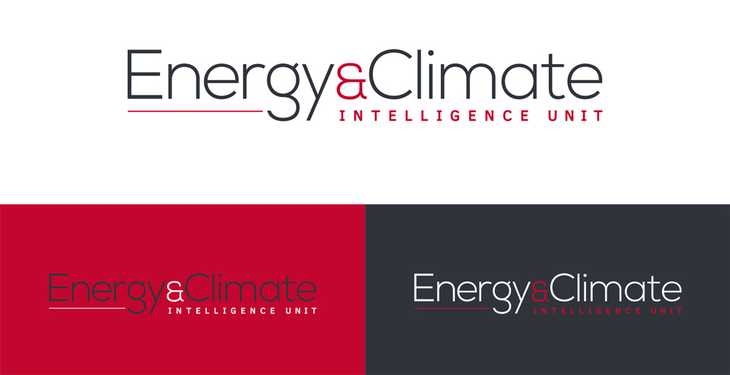Brexit could add €100 to the average British household’s annual electricity bill and increase energy demands if the United Kingdom chooses not to hold on to the EU’s high energy efficiency standards after it leaves the bloc in March 2019, according to a new study.
Research by the Energy and Climate Intelligence Unit (ECIU) has found that the UK could scupper progress in energy efficiency if it scraps existing EU regulations and opens the door to cheaper, less efficient Chinese appliances.
With around 18 months to go until Britain is scheduled to leave the EU, British lawmakers face the Herculean task of deciding which European laws to retain in domestic legislation, including those that regulate energy efficiency.
EU efforts have contributed to falling residential energy demand over the last two decades, as wasteful appliances have been phased out in favour of more efficient alternatives. Efforts to promote energy saving lighting have also paid off in emissions and bill reductions.
The ECIU study focused on a scenario in which seven best-selling UK appliances, from laptops to refrigerators, were replaced by their closest Chinese counterparts. In order to avoid skewed results, the study only took into account products that are regulated and widespread in both markets, according to Euractiv.com.
Its findings showed that the more inefficient Chinese appliances would cost households an extra £69 (€74) annually, with the most significant disparities seen in laptops, microwaves and computer monitors.
Perhaps more significantly, the UK’s annual energy demand would increase by around 3.5% if all 27 million British households were to switch to less efficient models.
For comparison, Britain’s still under-construction Hinkley Point C nuclear plant should cover 7% of national energy demand. Construction is likely to cost over €20 billion.
ECIU’s report highlighted the dramatic progress in energy efficiency the top seven types of appliances have made since 2000. On average, fridge-freezers require nearly 40% less energy, while washing machines and PC monitors have improved by 25% and 30%, respectively.
